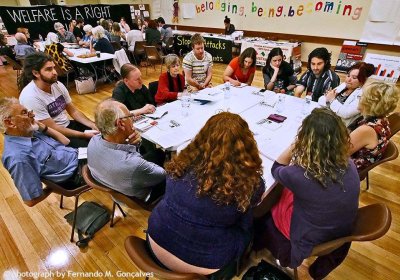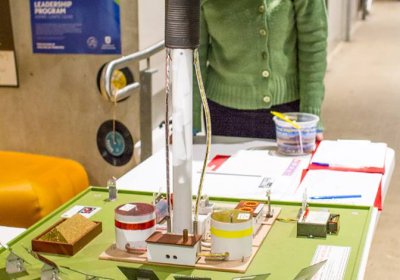Low-income people, activists, community workers and others will gather in Adelaide on October 21 and 22 for “Power to the Poor — Silent No More”, a two-day Anti-Poverty Week conference.
The event — organised by Anti-Poverty Network SA, a grassroots group composed of welfare recipients struggling with poverty and joblessness — promises to be one of the largest Anti-Poverty Week events in the country.











